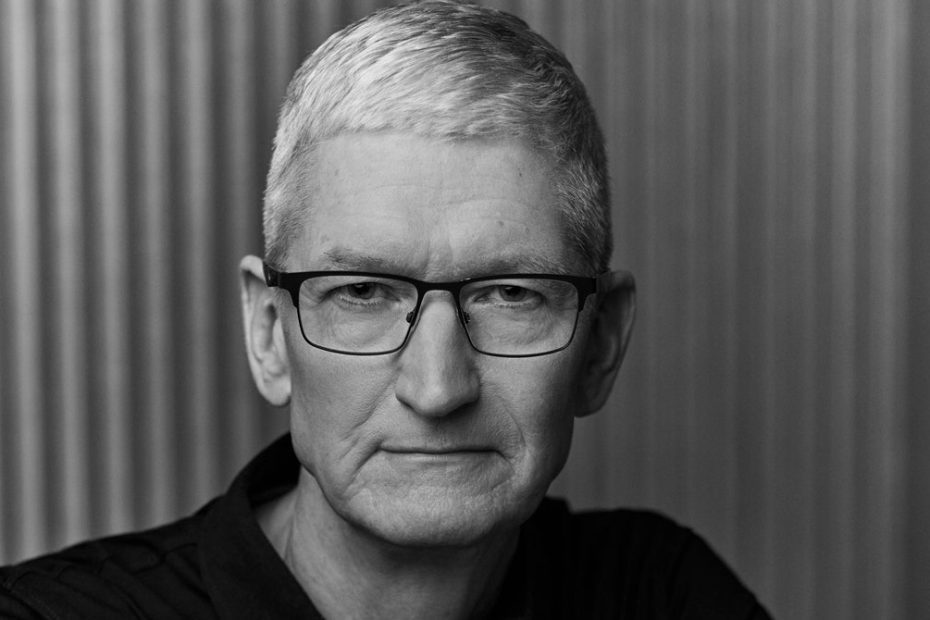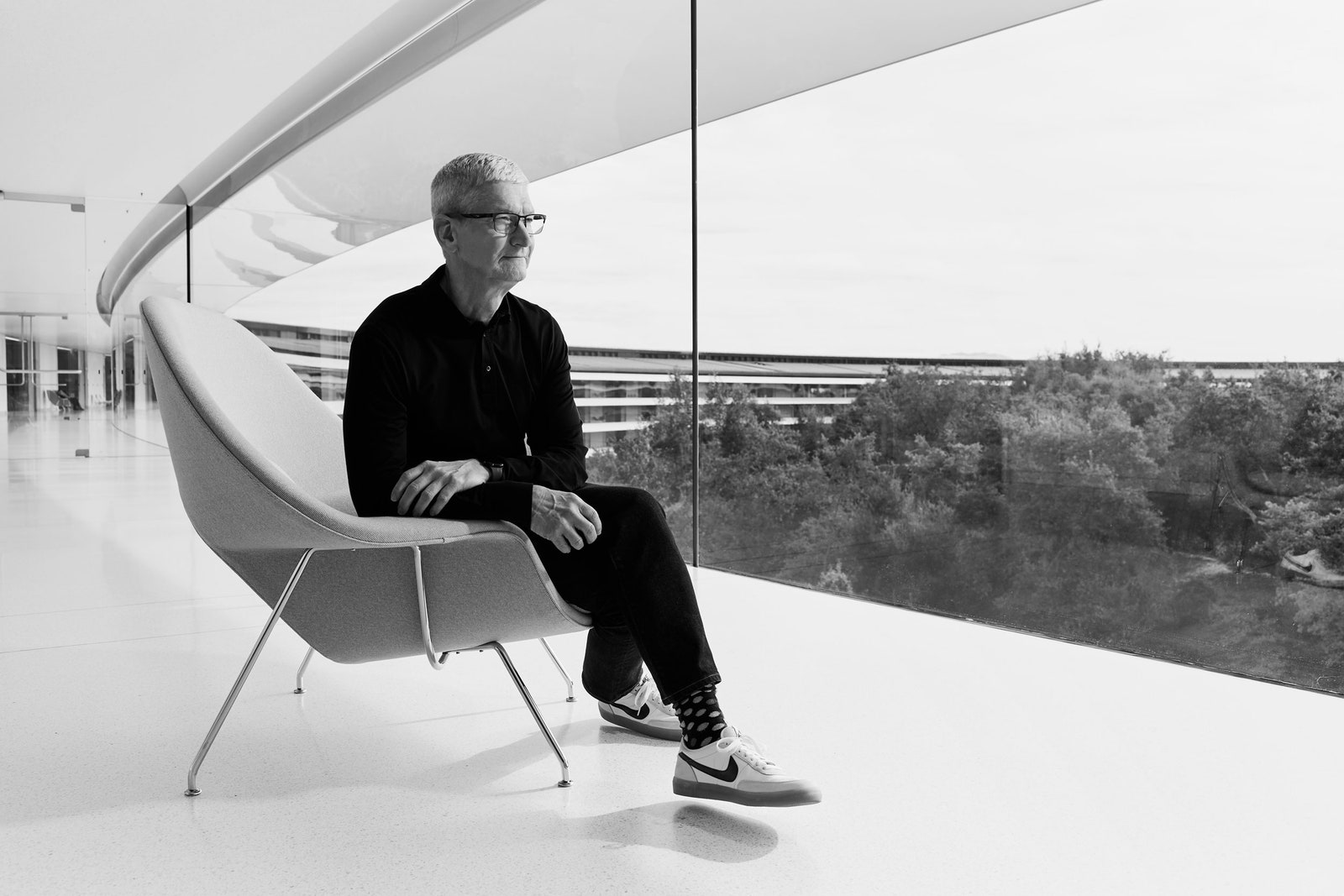Every time I When I visit the Apple Park campus, my thoughts flash to a tour I took months before construction was completed, when there was dust on the terrazzo floors and mud where lush vegetation now flourishes. My guide was Tim Cook, CEO of Apple. With the pride of an owner, he guided me through the $5 billion circular colossus, explaining that committing to the new campus was a “100-year decision.”
Today I return to the Ring – buzzing with energy seven years after its opening – to see Cook again. The tech world is at a turning point. The most powerful companies will either stumble or secure their dominance for decades. We're here to discuss Cook's big move in this high-stakes environment: the upcoming release of Apple Intelligence, the company's first major offering in the red-hot field of generative AI. Some think it's late. All year long, Apple's competitors have been gaining popularity, dazzling investors and dominating the news cycle with their chatbots, while the world's most valuable company (as I write this) showed off an expensive, bulky augmented reality headset. Apple needs to get AI right. After all, companies are less likely than buildings to be able to stand proud for a century.
Kok did not panic. Like his predecessor Steve Jobs, he does not believe that first is best. “Classic Apple,” as he puts it, enters a cacophonous field of pioneers and, with a strong sense of novelty versus practicality, unveils products that make the latest technologies recognizable and even sexy. Think back to the way the iPod reinvented digital music. It wasn't the first MP3 player, but its compactness, ease of use and integration with an online store gave people a new way to consume their music.
Photo: Joe Pugliese
Cook also claims that Apple has been preparing for the AI revolution all along. Back in 2018, he poached Google's top AI executive, John Giannandrea, for a rare expansion of the company's senior vice president rank. He then pulled the plug on a long-running smart-car program (an open secret never publicly acknowledged by Apple) and deployed the company's machine learning talent to build AI into its software products.
In June, Apple announced the results: a layer of AI for the entire product line. Cook had also struck a deal with the gold standard in chatbots, OpenAI, to allow its users to access ChatGPT. I had gotten a few demos of what they planned to reveal, including a tool to create custom emoji with verbal cues and an easy-to-use AI image generator called Image Playground. (I hadn't yet tested the CPR of Siri, Apple's lame AI agent.)
What perhaps sets Apple's AI apart the most – at least according to Apple – is its focus on privacy, a hallmark of the Cook regime. The AI tools, which are being rolled out via software updates to the latest iPhone and relatively recent Macs, will largely run on the device itself: you don't send your data to the cloud. The computation for more complicated AI tasks, Cook assures, takes place in secure regions of Apple's data centers.
Another thing I'm reminded of on my return to the Ring is how adept Cook is at touting the results of his big decisions, from the Apple Watch to his bet on custom silicon chips, which unleashed innovations that made Apple phones and laptops gave a boost. (Not to mention decisions that didn't work out, like that billion-dollar smart car project.) When he walks into the conference room where we meet, I know Cook will be extremely cordial and display manners that were honed during his Alabama project. as he calmly hyperbolized the virtues of Apple's products and deflected criticism of his very powerful company. (And when asked to comment on the election results, which came in after our conversation, he chose to keep his opinion to himself.) Steve Jobs came at a journalist like the rain in Buenaventura, aggressively pitching his message ; Cook envelops his interlocutors in a gentle mist and entrusts impressed reviews of his company's efforts.
The final reviews obviously come from users. But if forty years of covering Apple has taught me anything, it's this: Should this first iteration of AI fall short, an unrepentant chef will appear at a future pre-recorded keynote touting a new version as “the best Apple Intelligence that we ever had'. built.” Despite all the pressure, Tim Cook never shows him sweating.


